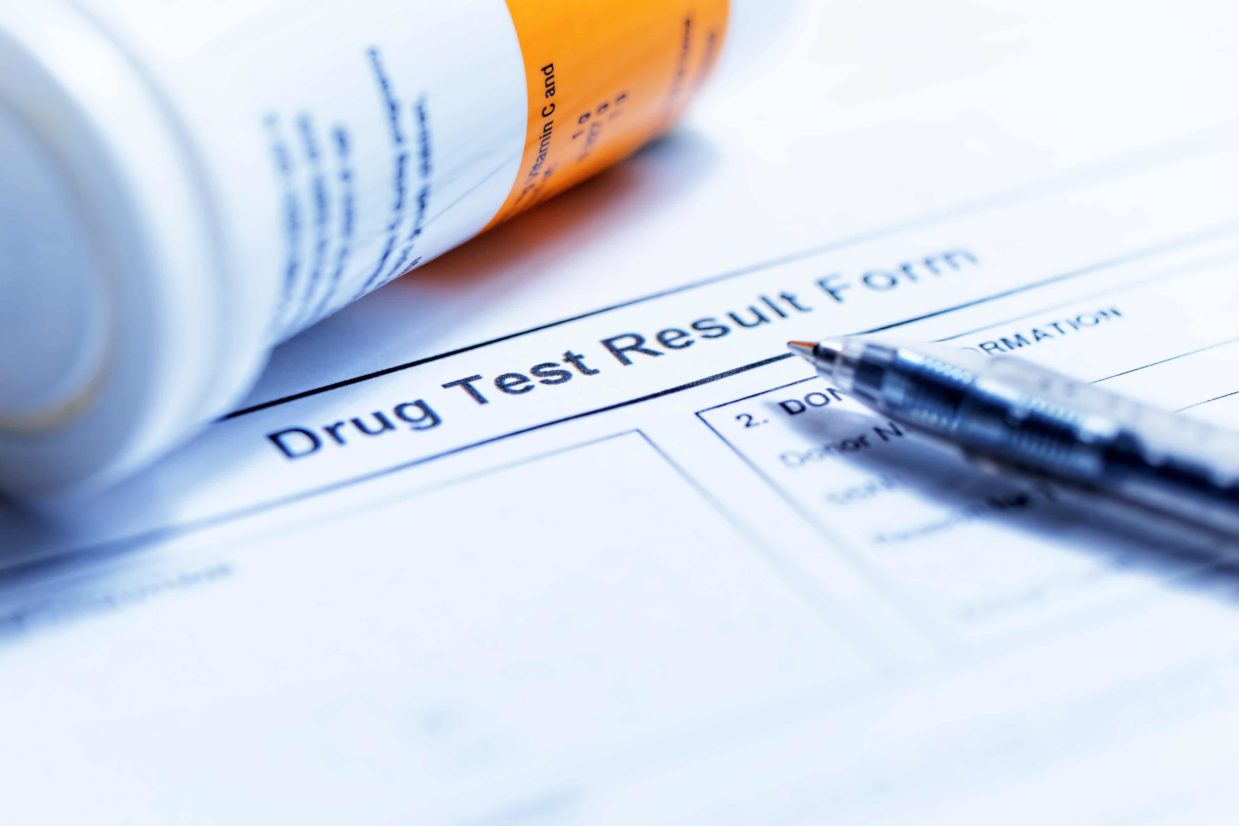Chronic pain and cancer are both listed on Utah’s qualifying conditions list for medical cannabis. Check out the full list of qualifying conditions on our FAQ page. As a cancer patient with a valid medical cannabis card, you can use cannabis to treat symptoms like pain, nausea, and anything else you and your medical provider feel is appropriate. That being the case, does medical cannabis help you manage your symptoms?
We ask in light of a recent announcement by the National Institutes for Health (NIH) of their willingness to fund research into the efficacy of medical cannabis as a cancer treatment. From what we can tell, the main impetus of the decision is to better understand just how effectively cannabis is in relieving cancer symptoms. But there may be a secondary purpose.
In the NIH document itself is language suggesting that government officials want to know if cannabis is a potential treatment of the disease itself, rather than just something that can manage symptoms. That is pretty big.
What the Notice Says
For the record, the NIH announcement came by way of what is known as a notice of special interest. That notice lays out the agency’s plan to offer research grants for cannabis projects. The notice specifically establishes the NIH goal of trying to understand how “cannabis and cannabinoids affect cancer biology, cancer interception, cancer treatment and resistance.”
That statement can be taken in any number of ways. Common sense would seem to dictate that research into cancer biology and interception would indicate that someone in the NIH sees the possibility of cannabinoids altering the disease at a biological level. That implies curative possibilities, or at least the ability to slow down cancer progression.
We need to be careful to not jump the gun here. Nowhere in the NIH document does the government suggest cannabis as a cancer cure. All the notice says is that the agency is willing to fund medical cannabis research. Organizations applying for grants could take that research in any number of directions.
Making Headway in Washington
We are encouraged by the NIH notice if for no other reason than the fact it signifies that we are making headway in Washington. Since the 1970s, federal lawmakers and regulators have taken the strictest possible approach to all things cannabis. But in recent years, the feds have chosen not to aggressively enforce federal law, effectively looking the other way while states like Utah have implemented medical cannabis programs.
A government agency offering to fund medical cannabis research – without being asked, mind you – suggests that the powers-that-be are beginning to move beyond looking the other way to a mindset interested in actually figuring out if and why cannabis works as a medicine.
What It Means for You
In the short term, the NIH funding medical cannabis research has little impact on your daily life. It could have an enormous impact on the future, should you ever need to use cannabis as a cancer treatment. Who knows? Some of the research funded by the NIH could ultimately prove to save your life or that of someone you know.
In the meantime, remember that Utah law allows you to obtain a medical cannabis card as a diagnosed cancer patient. Speak with your medical provider if you would like to know more. Also remember that any doctor, advanced practice nurse, or podiatrist with prescribing authority in Utah can recommend medical cannabis as a limited medical provider (LMP). You do not necessarily need to see a qualified medical provider (QMP) to get your card. Advise your medical provider to take a look at state law if they have any questions.




